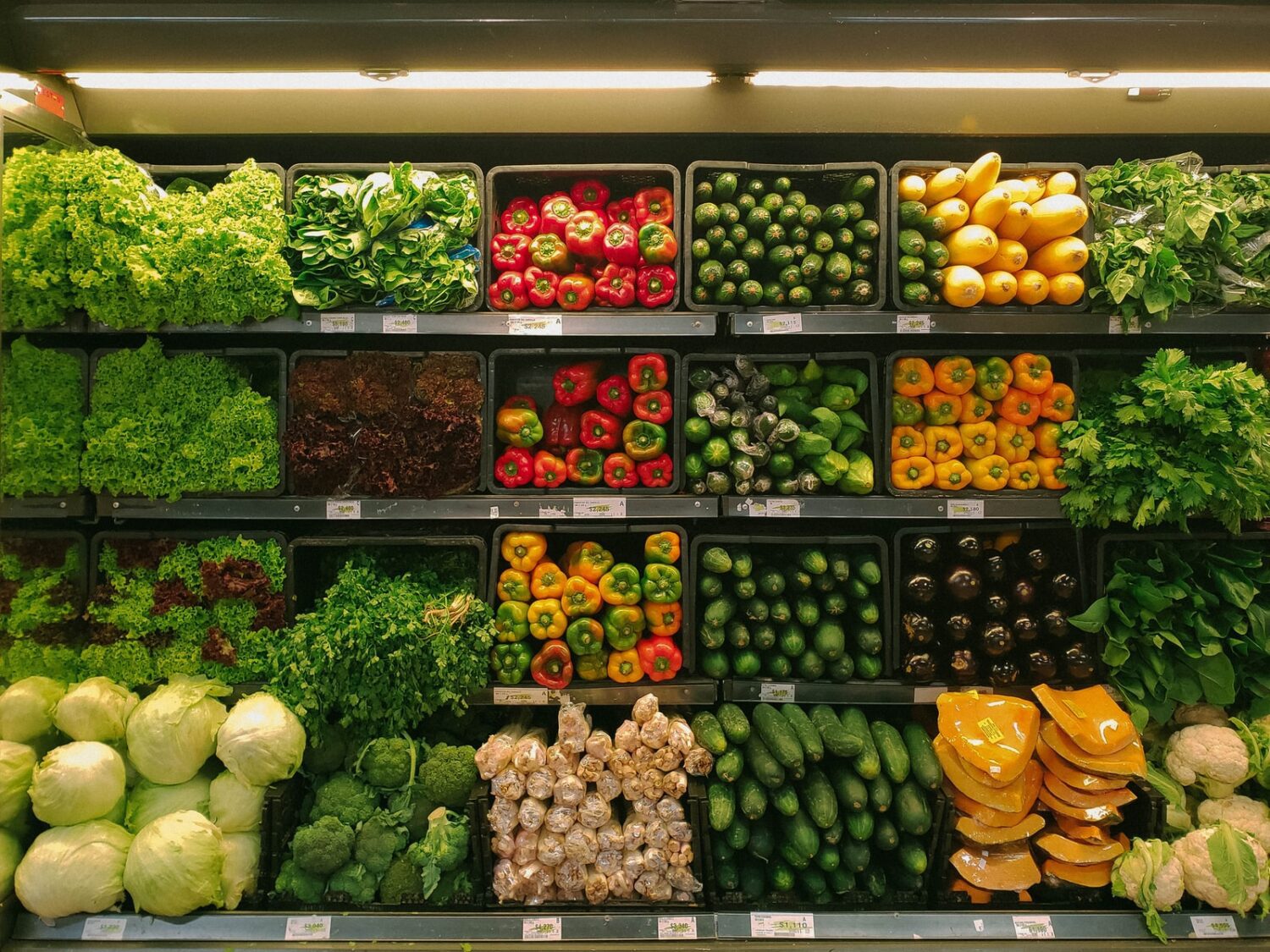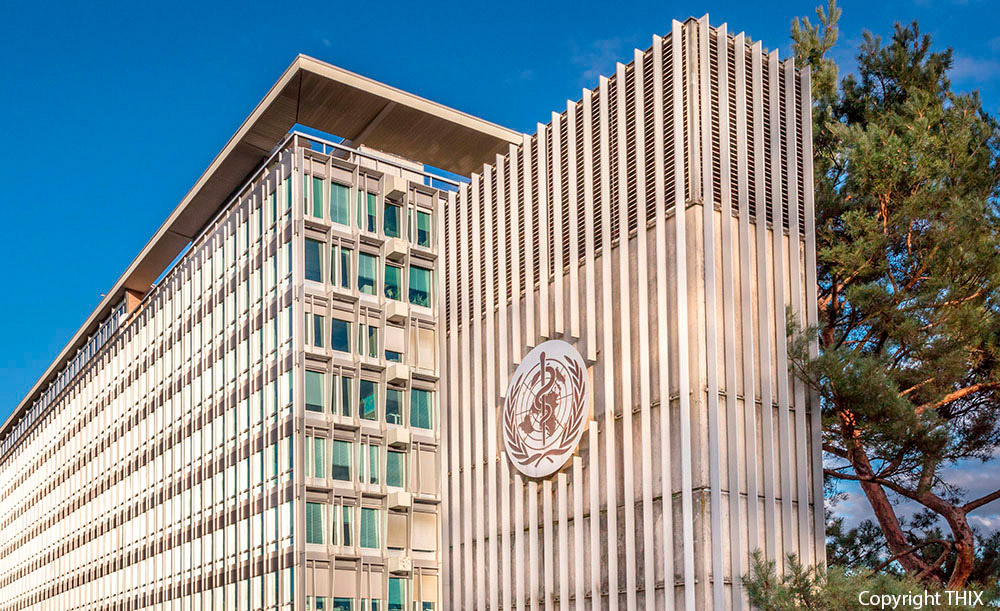As promised last month, the Frankfurt Book Fair is offering regular updates for exhibitors and hosted two online video sessions Tuesday, one with publishers in Europe, Asia and Africa, and a second with publishers in North America. The slide deck from the presentations is available for all to see.
Juergen Boos, director of the Frankfurt Book Fair, confirmed much of what he has said before: that the fair would be limited to 20,000 people at any one time; that booths would, by necessity, be larger and that upgrades would be made for free.
He said the fair was continuing to revise health and safety protocols based on guidance from the German government. Boos said that it remains to be determined if the fair will require the installation of plexiglass where there will be face to face interactions and does not yet know whether or not attendees will be required to wear face masks or face shields. “Right now, you can assume that you can do anything at the fair that you could do at a bookstore in Germany right now, which includes the ability to touch, browse and buy books,” said Boos.
There will be few if any on-site events, most of which will be moved online. On the fairgrounds, the focus will remain on trade booths, both for the German publishing trade and international guests. Several times during the update for North Americans, Boos emphasized that the fair would still be “a very international fair,” but admitted that travel restrictions likely meant that this would mean far fewer visitor from North America.
In addition to areas for collective stands and trade booths, there will be dedicated areas for exhibitors focused on audiobooks, education, and academic publishing, as well as for libraries and librarians.
Asked how Frankfurt will handle the program for Canada, the 2020 Guest of Honor, Boos said the fair will not host the traditional Guest of Honor pavilion and “their program will be mostly be virtual.”
A few more details were given as well. The Festhalle will be turned into a broadcasting center and will serve as the digital heart of the fair, a place to “connect the physical fair with digital opportunities,” said Boos. He said that the fair was in discussions with several German television stations to partner on event production.
Organizers will now be giving visitors the option of signing up for “workspaces,” which will offer a fairgoer a space at one of several long tables that will serve as quasi-co-working spaces for attendees who want a dedicated place to take meetings but do not want a booth. The price will be 495 euros per day for individuals.
For business-to-business attendees, Frankfurt is looking at implementing a digital rights platform, most likely powered by IPR License, as well as facilitating matchmaking, something which has been available in a limited fashion through the fair’s mobile phone app for several years, as well as virtual meetings.
At present, anyone who is signed up for this year as an exhibitor has until August 15 to cancel and ask for a full refund. After that, the normal penalties will be applied.
While Boos admitted that he “can’t predict the future,” he said that should the situation in Europe change and the German government demand that the fair not proceed due to a second wave of Covid-19 infections, they have a plan. “We’ll move entirely to a virtual fair and refund everybody,” he said.












